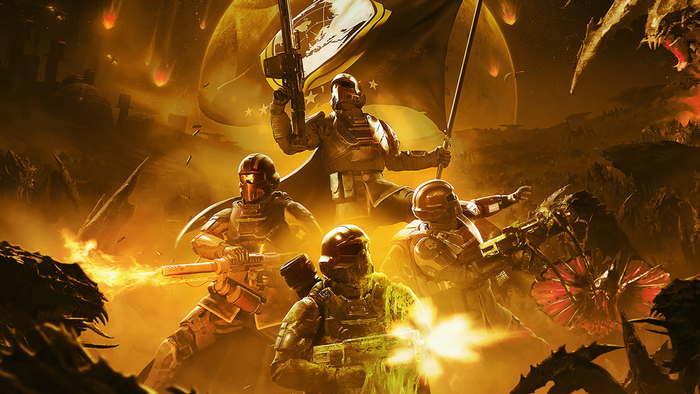
Featured Blog | This community-written post highlights the best of what the game industry has to offer. Read more like it on the Game Developer Blogs.
Play This And Call Me In The Morning...
A follow-up to "Drop the Prozac, Pick Up a Game" to recognize that video games can be designed and tailored to effect change, growth and development.

It is always good to find a fresh perspective around an issue as hot as video gaming. I was encouraged by the article “Drop the Prozac, Pick Up a Game” on IGN.com. Emma Boyes does an outstanding job of collecting anecdotes and research that outline positive experiences in the video gaming community.
She references a study done by Carmen Russeniello, Ph.D. out of East Carolina University and commissioned by PopCap Games that finds that casual games can elevate moods and reduce stress, fatigue, tension and anger. He adds that the relationships between video games and people is complex, not well understood and do not indicate which games produce certain effects.
As a clinical therapist, parent and lifelong gamer, I have used computer and video gaming in much of my work and play and have done a great deal of non-scientific research and study around the use of gaming for assessment and therapy. After examining the nature of interactive media and video games in particular, I can say that the relationship between players and games is not as complicated as believed.
Players approach to games is the same as learning any new material - we observe, listen, read and respond. Each corresponds to a sensory relationship to the material presented and we utilize this approach to all media – books, music, movies and the like. The marked difference for the player is that we influence the outcomes of our experience; we have some measure of control based on out understanding and mastery of the material.
In addition to the players’ sensory approach to games, our intellectual strengths permit us to engage, understand and accomplish tasks within the experience. Our abilities to “wrap our heads around” a game largely determines what we get from it.
One basic tenet in psychotherapy is that an individual cannot be tense and relaxed at the same time so patients are taught to recognize the difference between tense and relaxed major muscle groups through conscious control. Preoccupation with stressful circumstances works in a similar fashion.
Players cannot focus on the source of their depression, anxiety or frustration when they are playing certain casual computer and video games. The visuals, sounds and, physics, icon manipulation and rules are simple and basic, the music is soothing and instrumental, the game play is engaging with slowly advancing levels of complexity and challenge and players can pause and stop to return to continue at any time.
Many would say that casual gaming is a nonproductive use of time but any time away from painful preoccupation is valued. Just ask a migraine sufferer about relief with analgesics.
Dr. Russeniello mentions in the study that older adults have benefited from exergames like Wii Fit to fight depression. Seniors who have previously enjoyed very active lifestyles are now restricted because of the limits that time places on the body. Video games that are ergonomically faithful to actual activity allow seniors to return to their favorite sports, learn new ones and compete with others without limitations.
Games with well-defined characters that grow and develop allow players to lose themselves in the experience. Their choices and consequences and displays of physicality engage us while liberal use of saves and “do-overs” let us experience the joy of eventual success without consequence to our psyches.
The horror stories of gaming gone bad are the massively multiplayer online role-playing games (MMORPG) even the Entertainment Software Ratings Board (ESRB) resist rating. The never-ending, subscription-based, grinding experience can be fun in small doses but is not easily managed by those with addictive tendencies.
The player versus player (PvP) competitive aspects and voice chat permits online sociopaths to ply their trade anonymously and is a minefield for most of us who play to feel better or, at least, not feel like we’re back in school or work.
Video gaming is a natural extension for those familiar with play therapy resources and techniques. Aggressive boys already channel much of their energies into competitive sports simulations and first-person shooters. Kinetic learners gravitate to the guitar and band simulation titles. Those of us in the helping profession should take notice. Children suffering from trauma could use the Sims as an extension to doll play.
There is much research supporting a regimen of therapy and medication for optimal success in treating serious mental illness. Liberal but measured doses of video gaming can only help us get better at managing our situations and rebalancing our lives.
About the Author(s)
You May Also Like













